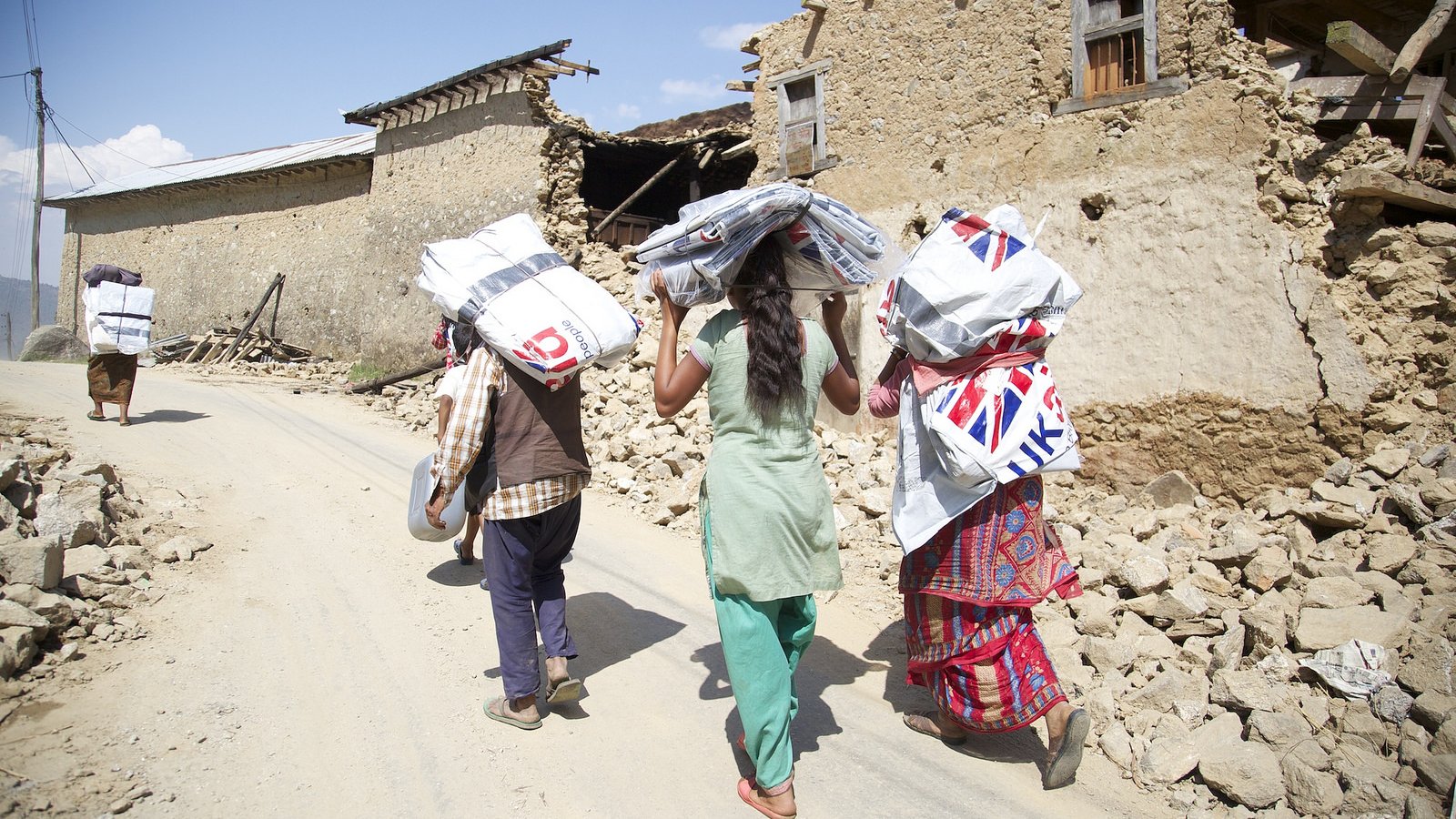Retraction Report: Compromised Research on Energy, Finance, and Sustainable Development
Article Identification
- Title of Retracted Article: Financial Consideration of Energy and Environmental Nexus with Energy Poverty: Promoting Financial Development in G7 Economies
- Authors: Huang J, Wang X, Liu H and Iqbal S (2021)
- Publication: Frontiers in Energy Research
- Section: Sustainable Energy Systems
- Original DOI: 10.3389/fenrg.2021.777796
- Retraction Notice DOI: 10.3389/fenrg.2025.1674682
Reason for Retraction and Implications for Institutional Integrity
The article has been retracted following an investigation by the Frontiers Research Integrity Auditing team. The retraction undermines progress toward SDG 16 (Peace, Justice and Strong Institutions), which calls for accountable and transparent institutions.
- Compromised Peer Review: The investigation identified a network of authors and editors engaging in peer review with undisclosed conflicts of interest.
- Citation Manipulation: The same network was found to have manipulated citations, a significant breach of academic ethics.
- Loss of Confidence: Due to the undermined integrity of the peer review process, confidence in the article’s findings has been lost.
- Publisher’s Action: In adherence to the recommendations of the Committee on Publication Ethics (COPE), the journal retracted the article to maintain the integrity of the scientific record, an action that reflects the principles of SDG 16.
Impact on Research Related to Sustainable Development Goals (SDGs)
The retraction of this article creates a void in research concerning the critical intersection of finance, energy, and environmental policy, directly affecting several SDGs.
SDG 7: Affordable and Clean Energy
- The original research aimed to address “energy poverty,” a core component of SDG 7.
- The loss of this contribution hinders the understanding of financial mechanisms needed to ensure universal access to affordable, reliable, and sustainable energy.
SDG 13: Climate Action
- The article’s focus on the “environmental nexus” and “ecological perspective” was relevant to SDG 13.
- The retraction removes a potential source of data and analysis on how financial development in G7 economies could influence climate action and environmental sustainability.
SDG 8 & 17: Economic Growth and Partnerships
- By examining “financial development in G7 economies,” the article touched upon themes central to SDG 8 (Decent Work and Economic Growth).
- The misconduct represents a failure in scientific collaboration, undermining the spirit of SDG 17 (Partnerships for the Goals), which relies on ethical and robust global partnerships to achieve sustainable development.
Analysis of Sustainable Development Goals in the Article
1. Which SDGs are addressed or connected to the issues highlighted in the article?
The provided text, which is a retraction notice for a research article, highlights issues related to the topics of the original article as well as the integrity of the scientific process itself. Based on the title and keywords of the original article and the content of the retraction notice, the following SDGs are relevant:
- SDG 7: Affordable and Clean Energy: The original article’s focus on “Energy Poverty” and “Energy Finance” directly connects to the goal of ensuring access to affordable, reliable, sustainable, and modern energy for all.
- SDG 13: Climate Action: The keywords “Climate Change,” “Environmental Nexus,” and “Ecological perspective” indicate that the original research dealt with taking urgent action to combat climate change and its impacts.
- SDG 8: Decent Work and Economic Growth: The theme of “Promoting Financial Development in G7 Economies” and the keyword “Financial indicator” relate to promoting sustained, inclusive, and sustainable economic growth, particularly through the strengthening of financial institutions.
- SDG 16: Peace, Justice and Strong Institutions: The retraction notice itself is a primary issue discussed in the text. It highlights a failure in institutional integrity, citing “undisclosed conflicts of interest,” “citation manipulation,” and a compromised “peer review process.” This directly relates to the goal of building effective, accountable, and inclusive institutions at all levels.
- SDG 17: Partnerships for the Goals: The original article’s topic of “Energy Finance” in G7 economies for global issues like climate change touches upon mobilizing financial resources. Furthermore, the retraction due to a “network of authors and editors” engaging in misconduct represents a breakdown of the ethical partnerships required to advance science and the goals.
2. What specific targets under those SDGs can be identified based on the article’s content?
Based on the topics mentioned, several specific SDG targets can be identified:
- Under SDG 7 (Affordable and Clean Energy):
- Target 7.1: “By 2030, ensure universal access to affordable, reliable and modern energy services.” The mention of “Energy poverty” in the original article’s title and keywords directly addresses the lack of this access.
- Target 7.a: “By 2030, enhance international cooperation to facilitate access to clean energy research and technology…and promote investment in energy infrastructure and clean energy technology.” The focus on “Energy Finance” and “Financial Development” implies a discussion on the investment mechanisms needed to achieve this target.
- Under SDG 13 (Climate Action):
- Target 13.2: “Integrate climate change measures into national policies, strategies and planning.” The original article’s analysis of the “Energy and Environmental Nexus” within G7 economies suggests an examination of how financial and energy policies are integrated with climate objectives.
- Under SDG 8 (Decent Work and Economic Growth):
- Target 8.10: “Strengthen the capacity of domestic financial institutions to encourage and expand access to banking, insurance and financial services for all.” The stated goal of “Promoting Financial Development in G7 Economies” aligns with this target.
- Under SDG 16 (Peace, Justice and Strong Institutions):
- Target 16.6: “Develop effective, accountable and transparent institutions at all levels.” The retraction notice’s core message is about a failure of accountability and transparency in the scientific peer-review institution, where “the integrity of the peer review process has been undermined.”
3. Are there any indicators mentioned or implied in the article that can be used to measure progress towards the identified targets?
The text does not provide specific data but explicitly mentions or implies the types of indicators that were likely used in the original research or are relevant to the retraction itself.
- Explicitly Mentioned Indicators:
- The keyword “Financial indicator” is explicitly stated, suggesting the original article used quantitative financial metrics to assess the “Financial Development” in G7 economies. This could relate to SDG Indicator 8.10.2 (Proportion of adults with a bank account).
- Implied Indicators:
- To measure “Energy poverty” (Target 7.1), the original research would have implicitly relied on indicators such as SDG 7.1.1 (“Proportion of population with access to electricity”) and SDG 7.1.2 (“Proportion of population with primary reliance on clean fuels and technology”).
- To analyze the “Environmental Nexus” and “Climate Change” (Target 13.2), the study would have used environmental indicators, such as greenhouse gas emissions (related to SDG Indicator 13.2.2: “Total greenhouse gas emissions per year”) or other measures of ecological impact.
- The retraction notice itself serves as a qualitative indicator for Target 16.6. The documented “misconduct,” “citation manipulation,” and “undisclosed conflicts of interest” are markers of a failure in institutional accountability and transparency. The retraction acts as a measure taken to correct this failure.
4. Summary Table of SDGs, Targets, and Indicators
| SDGs | Targets | Indicators |
|---|---|---|
| SDG 7: Affordable and Clean Energy | 7.1: Ensure universal access to affordable, reliable and modern energy services. | Implied: Measures of “Energy poverty,” corresponding to Indicator 7.1.1 (Proportion of population with access to electricity). |
| SDG 13: Climate Action | 13.2: Integrate climate change measures into national policies, strategies and planning. | Implied: Metrics related to the “Environmental Nexus” and “Climate Change,” such as greenhouse gas emissions (related to Indicator 13.2.2). |
| SDG 8: Decent Work and Economic Growth | 8.10: Strengthen the capacity of domestic financial institutions to encourage and expand access to financial services for all. | Explicitly Mentioned: The keyword “Financial indicator” suggests the use of metrics to measure “Financial Development.” |
| SDG 16: Peace, Justice and Strong Institutions | 16.6: Develop effective, accountable and transparent institutions at all levels. | Implied: The retraction notice itself, documenting “misconduct” and a compromised “peer review process,” serves as a qualitative indicator of a failure in institutional accountability. |
Source: frontiersin.org






